
More than 1,500 Training Titles, 100% Free
Project & Project Management
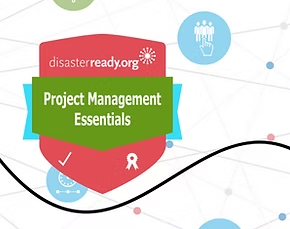
DisasterReady
Free
Project Management Essentials CertificateLearn More
Are you ready to improve your professional project management skills? In this free certificate program, you will learn the core principles, practices, and tools for effective project management.
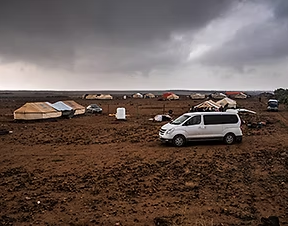
Cornerstone OnDemand Foundation
Free
Remote Programming
Learn More
In this free online course, you can explore the different types of remote programming and the pros and cons of each approach.

DisasterReady and AHT Insurance
Free
Managing Risks
Learn More
In this free, downloadable guide, you will learn how to identify, mitigate, and manage all types of risks
Humanitarian Essentials
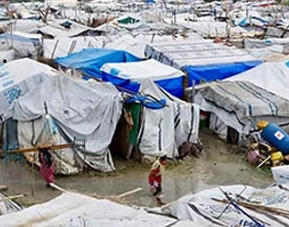
Humanitarian U
Free
Humanitarian Context, Systems and StandardsLearn More
Learn the essentials of humanitarian aid by exploring the context, systems, actors, principles, and standards that govern the complex and diverse ecosystem of humanitarian response.
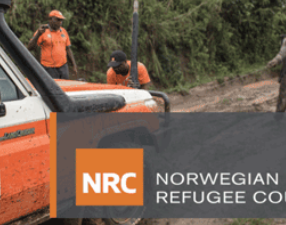
Norwegian Refugee Council (NRC)
Free
NRC - Humanitarian Access
Learn More
Learn the fundamental principles of humanitarian access and gain basic tools to better understand operational environments.
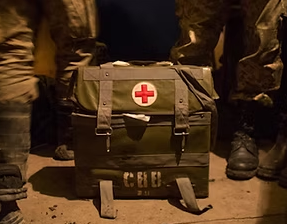
International Committee of the Red Cross (ICRC)
Free
Intro to International Humanitarian Law
Armed conflicts affect millions of people around the globe. Learn the set of rules that seek to limit the effects of armed conflict including the principles governing the means and methods of warfare, the protection of the civilian population, and more.
Learn MoreFood Security and Nutrition

Save the Children
Free
Effects of Emergencies on Health & Nutrition: An Advanced GuideLearn More
Understanding the risk factors relating to health and nutrition in emergencies is essential to reduce preventable illness and death. Learn how to identify which risks to health and nutrition increase in different types of emergencies.

SeedSystem.org
Free
What is Seed Security?Learn More
Food security and seed security are not equal. Learn why seed security is so important, how it is different from food security, and what actions you can take to implement seed responses that bolster communities and markets.
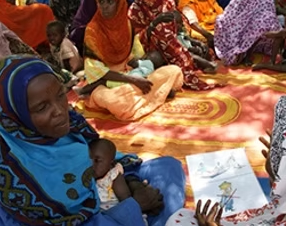
Action Against Hunger
Free
Nutrition Budget AdvocacyLearn More
Very few government decisions have a greater impact on people's lives than decisions about public budgets. Learn how to overcome the challenges of budget advocacy and gain public support of nutrition with a budget advocacy campaign.
Staff Care and Safeguarding Courses

Save the Children
Free
Humanitarian Burnout
Humanitarian work is rewarding and challenging with a high risk of burnout. Learn how to spot common signs of fatigue, improve your wellbeing, and increase your resilience.
Learn More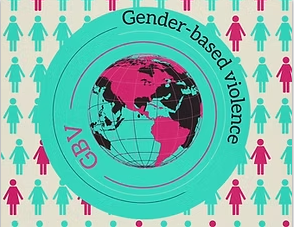
Save the Children
Free
Gender-based Violence in Emergencies
This video addresses how you can mitigate, prevent and respond to gender-based violence in humanitarian crises, to help the most vulnerable and avoid causing further harm.
Learn More
Cornerstone OnDemand Foundation
Free
WebTalks - Essential Principles of Staff Care
Learn critical steps you can take to enhance the staff care and resilience of you and your colleagues. This video provides insights from experts on how to develop an effective staff care program, improve an organization’s duty of care, and how to reduce stigma linked to asking for help.
Learn MoreMonitoring, Evaluation, Accountability and Learning (MEAL) Training

International Rescue Committee (IRC)
Free
Introduction to Monitoring and Evaluation
This course provides an introduction to the logic model—a a key monitoring and evaluation tool. Learn common terminology and different types of evaluations.
Learn More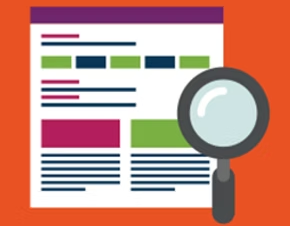
Cornerstone OnDemand Foundation
Free
Qualitative Data Analysis
This resource provides guidance on the essential stages of qualitative data analysis including collecting and reviewing data, identifying themes, coding, storing, and interpreting data, as well as reporting your findings.
Learn More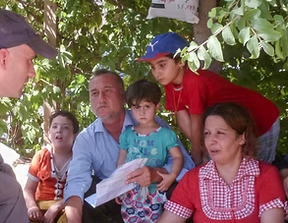
Catholic Relief Services (CRS)
Free
MEAL (Monitoring, Evaluation, Accountability and Learning)
Learn how to establish a dynamic and responsive MEAL system in the earliest phase of an emergency response.
Learn MoreProfessional Development Training

Grovo
Free
Increase Your Productivity in Daily Tasks
Developing productive work habits in your job can lead to career growth. In this series of 2-3 minute videos, you will learn how to overcome common distractions, plan ahead, and prioritize your most important work.
Learn More
Eleventure® by TorranceLearning
Free
Turn Conflict Into Collaboration
Conflict is often thought of negatively but it can lead to positive outcomes if managed properly. Learn how to use conflict to improve your relationships.
Learn More
Cornerstone OnDemand Foundation
Free
Building Your Job Profile
This short, interactive, smartphone-friendly guide covers everything you need to improve your Curriculum Vitae (CV), resume, and online professional profile so you can demonstrate to employers that you are the best person for the job.
Learn MorePersonal Protection

Save the Children
Free
Child Protection
This video introduces the meaning of child protection in a humanitarian emergency. It highlights some key points to remember before responding to an emergency and key humanitarian principles for ensuring a child’s protection.
Learn More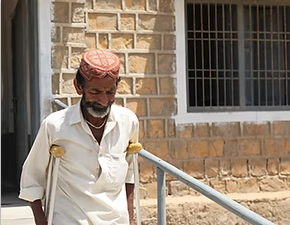
Age & Disability Capacity Building Programme (ADCAP)
Free
Comprehensive Accessible Humanitarian Assistance for Older People and People with Disabilities
It is important to protect the elderly during emergency response and ensure they are a priority for help. Learn how to plan and enhance assistance, safety, and dignity for older people and people with disabilities in your programs.
Learn More
InterAction
Free
Introduction to Sexual Exploitation and Abuse
Learn the steps organizations take to address Sexual Exploitation and Abuse (SEA) by understanding what it is, the international standards endorsed by NGOs, and creating a code of conduct to prevent and respond to incidents of SEA.
Learn MoreHealthcare

UNHCR
Free
Prevention of Mother to Child HIV Transmission in Humanitarian Emergencies (PMTCT)
PMTCT services can be disrupted during a humanitarian crisis. Learn causes of disruption, consequences that can occur, and strategies to ensure the continuation of PMTCT during an emergency situation.
Learn More
Save the Children
Free
Psychosocial Support
People can experience the same event in different ways and have different capacities to cope. Learn the core principles of intervention that can help individuals struggling to recover from the impact of a conflict or disaster.
Learn More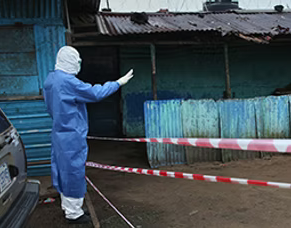
Cornerstone OnDemand Foundation
Free
Emergency Healthcare in Insecure Settings
Learn how to implement appropriate security risk management measures to enable public health emergency actors and healthcare workers to effectively address security challenges during a public health emergency response or outbreak.
Learn MoreFinancials
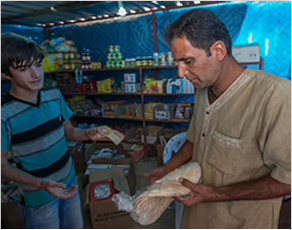
Cornerstone OnDemand Foundation
Free
Implementing a Successful Voucher Program
Using a voucher program can give beneficiaries greater choice when buying things they need. Learn the keys to developing and designing a successful voucher program and, through an interactive simulation, you can practice what you learn in a humanitarian crisis situation.
Learn More
International Rescue Committee (IRC) and Cash Learning Partnership (CALP)
Free
A Practical Guide to Market Analysis
This course will guide you through the common steps within market assessments, using a fictional emergency scenario as an example.
Learn More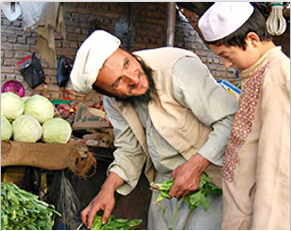
International Rescue Committee (IRC) and Cash Learning Partnership (CALP)
Free
Introduction to Market Analysis
This online course introduces the analysis of markets in emergency contexts, with input from some of the world’s leading thinkers on the topic. Learn why markets are important in the lives of people affected by disasters and take a closer look at the market assessment process.
Learn More
Waimate, Canterbury, New Zealand 7977


